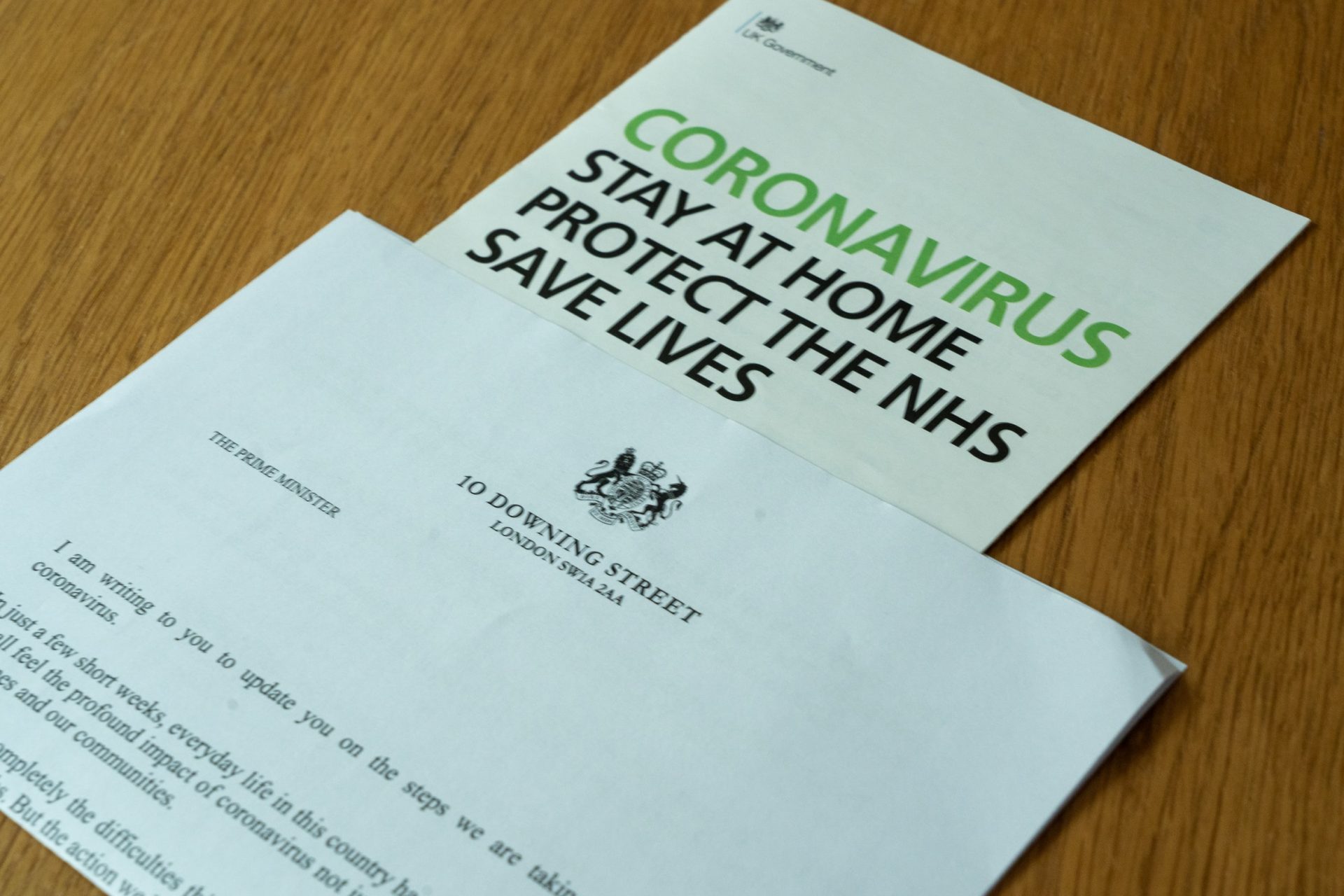Dominic Abrams, Professor of Social Psychology and Fanny Lalot, Research Associate at the School of Psychology at Kent partnered with research members of Belong. Belong is a national charity that aims to improve practice & policy for social cohesion. Dominic and Fanny joined these members to discuss the findings of the Beyond Us and Them project. This project showed that people saw the quality of UK government information on COVID-19 in a different light than news from other sources.
In an examined survey of 9000 people, about 50% of respondents viewed UK government sources as low/very low in terms of credibility. Similar numbers perceived a lack of empathy. Only 20% thought it met community needs, with 48% disagreeing. Local government communications were rated more favourably, with significantly fewer people giving low/very low ratings when asked about credibility, honesty, empathy, and relevance (around ⅓). 26% of respondents felt that community needs were met, giving high/very high ratings. Both main and local communications were rated to be unclear and not understandable.
It is evident that people felt gaps in both UK and local government communication in aspects related to trust, decisions, and actions; especially for UK government communications. On the brightside, 45% of respondents felt like UK government information was accessible and easy-to find, compared to 24% who found information inaccessible. For local government information, 33% found information highly accessible, while 35% found it inaccessible.
The project found differences in results across the UK, which you can read more in-depth in the blog itself. The article also discusses reasons for the variations in numbers, such as complexity of UK and local government sources, the extent to which individuals identify themselves to their nation or local authority area, and psychological biases. These project results have implications for the government’s role as providers as well as collectors of information, as well as collaborations between local and higher levels of government to persuade people to change their behaviour for the better.

